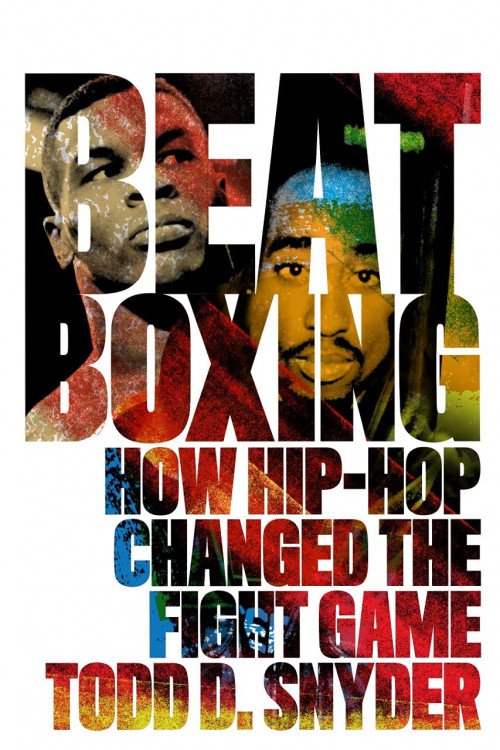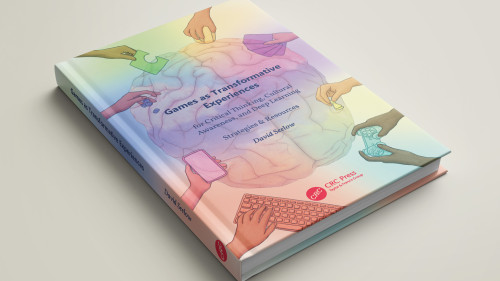
One of the most memorable quotes from legendary boxer Muhammad Ali – and there were many – was “Float like a butterfly, sting like a bee! The hands can’t hit what eyes can’t see!”
Could this couplet and others in Ali’s inimitable style have laid the groundwork for rap and hip-hop lyrics? How did the culture of these music genres infuse boxing and vice versa?
Todd Snyder, Ph.D., associate professor of rhetoric and writing, is out with his third book Beatboxing: How Hip-Hop Changed the Fight Game, which explores the connection between hip-hop and the “sweet science.”
Beatboxing – the title is a play on the term for a kind of vocal percussion – traces the grassroots cultural movement of rap and hip-hop from its origins in the South Bronx to its interweaving with the culture of the boxing gym and ring.
Masta Killa (Elgin Turner) of the Wu-Tang Clan endorsed the book: “The masterful art of chess, Kung-fu sword play, and the sweet science of boxing are all hip-hop expressions that connect us universally. Beatboxing tells the story. It’s razor sharp.” (Turner has further connection with Siena: he hosted a spoken word workshop here in 2018 as part of the College’s annual Hip-Hop Week.)
Boxing and hip-hop have been two of Snyder’s great loves since his West Virginia childhood, and he readily saw the natural connection between the two.
“I started watching fights with my father growing up,” he said. “I’m watching Tyson, but I’m watching him through the lens of his relationship with Tupac, who was my hero.”
Snyder interviewed champion fighters, music industry stars and promoters for Beatboxing, which was released November 16.
“We have a lot of current boxing stuff showing up in hip-hop lyrics. Hip-hop also does this cool thing where it does harken back to boxing history a great deal, as in the Wu-Tang Clan and their song called “M.G.M. Hip-hop romanticizes boxing in a way that’s fascinating.”
Mike Tyson is another figure who has connected boxing and hip-hop culture.
“Tyson was a phenom bigger than sport, bigger than boxing. But he was constantly performing with a hip-hop identity, from hanging out with Tupac to hanging out with Public Enemy to bringing the music into the arena. He was the first hip-hop athlete.”
Snyder gave a reading and book signing on campus this past Wednesday; he has another scheduled at the Book House of Stuyvesant Plaza in Guilderland on Saturday, Nov. 20 at 3PM.


